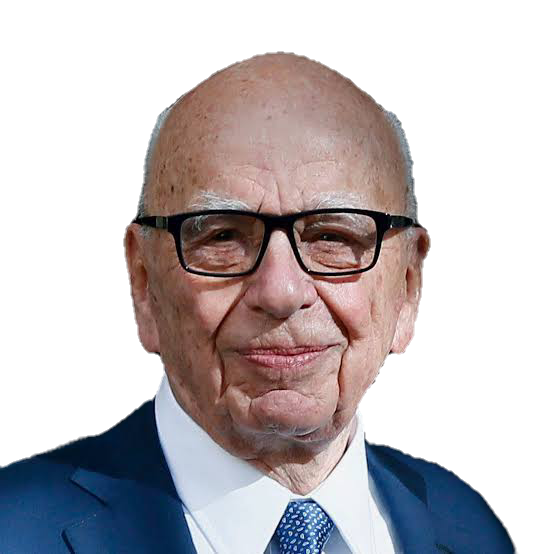Nollywood Actress, producer, and director Genevieve Nnaji, born May 3, 1979

Nigerian actress, producer, and director Genevieve Nnaji took home the 2005 Africa Movie Academy Award for Best Actress in a Leading Role. She was raised in Methodist Girls College and the University of Lagos.
She was born in Mbaise, Imo State, Nigeria. At the age of 8, she had her acting debut in the then-popular television serial opera Ripples. In 1998, the film Most Wanted served as her entry point into the developing Nigerian film industry. In 2010, she acquired a recording deal with EKB Records and starred in the acclaimed movie Ijéle: The Journey. After competing with other celebrities for the title of Lux’s face in 2004, she received the most votes.
Genevieve Nnaji is a cultural icon and renowned actress from Nigeria who has made important contributions to the film industry. She won the Best Actress prize at the 2001 City People’s Awards, and Oprah Winfrey dubbed her “the Julia Roberts of Africa” in 2009. She made her debut film, Road to Yesterday, in 2015, and it was named Best Movie Overall – West Africa at the 2016 Africa Magic Viewers Choice Awards. It was announced in 2018 that she would take Funke Akindele’s place as a Dora Milaje member in Marvel’s Avengers: Infinity War. Her first film as a director, Lionheart, became the first Netflix original film from Nigeria in 2016 after being purchased by internet streaming service Netflix.

She is a fervent supporter of social justice as well as feminism. In a hugely lucrative sponsorship arrangement, she was named the “Face of Lux” in Nigeria in 2004. In 2008, she introduced the “St Genevieve” apparel line. Nnaji, who has been recognised for her work with numerous accolades and nominations, is one of the Oscar nominees for the Africa Movie Academy accolades. The Nigerian Oscars Selection Committee (NOSC) chose her film, Lionheart, as Nigeria’s entry for the Best International Feature Film category of the 2020 Oscars in 2019. Although the majority of the dialogue in the movie is spoken in English, since 2006, eligible films have had to have a “Predominantly non-English dialogue track.”
The Oscar-winning director Ava DuVernay questioned the Academy’s choice to disqualify Lionheart from the Oscars because it used English as its official language. She also criticised the Oscar selection committee for allowing British films to be nominated despite not being produced in English, which is typically the nation’s primary language.
feedback
Do You Like This Website?
We would like to hear from you whether you enjoyed reading the articles published here. If you do, please leave us a Comment or simple LIKE but if NOT tell us why you didn’t like it. Don’t forget to SHARE them with others!
Thank you very much.
COMMENT


Let’s make something together





Leave a comment